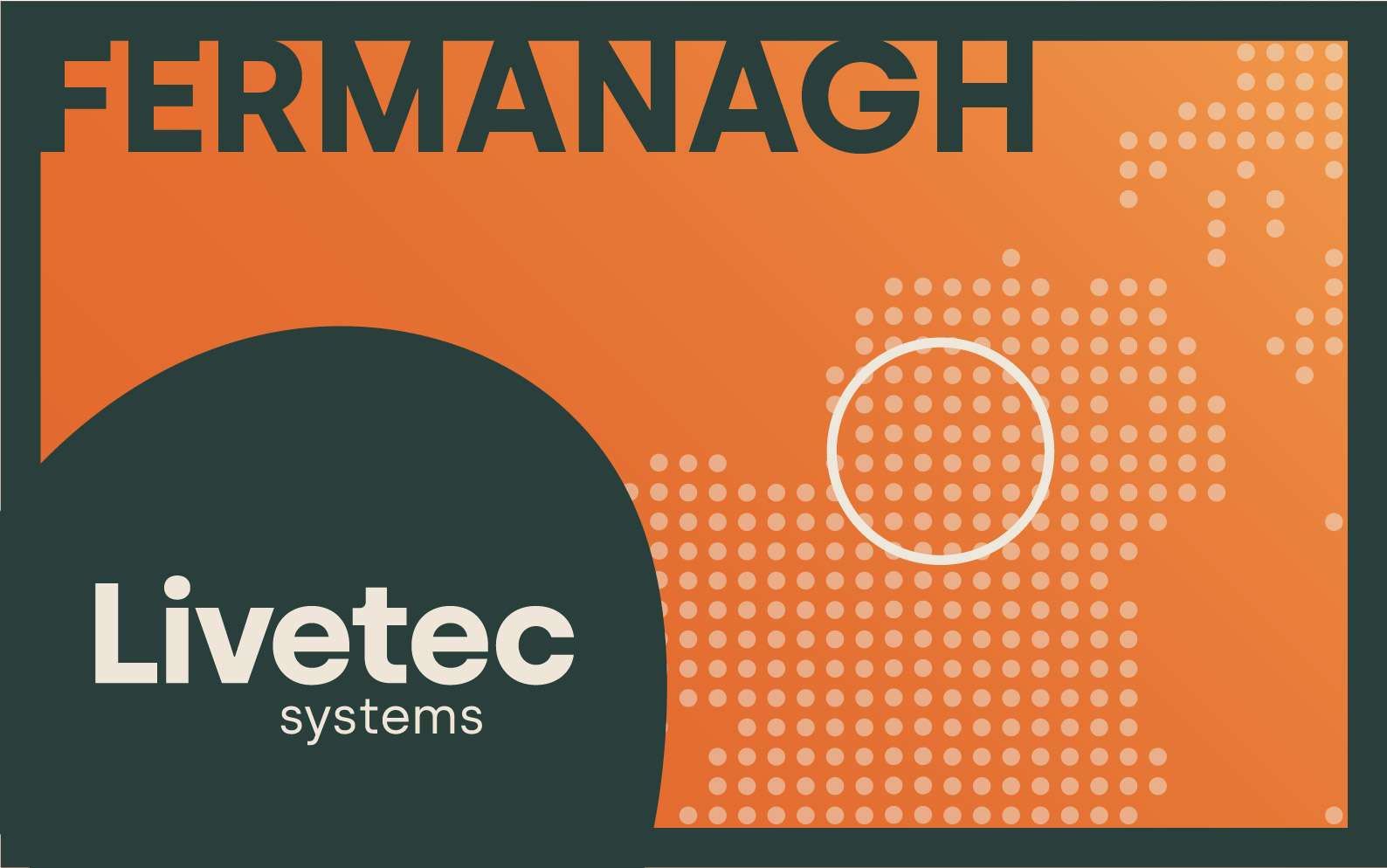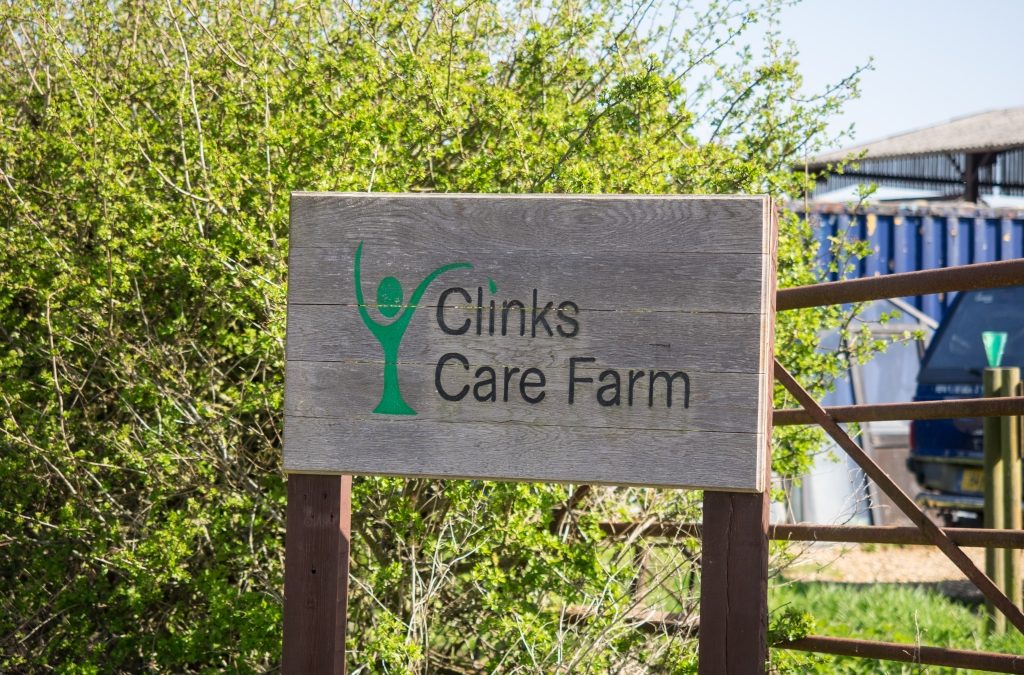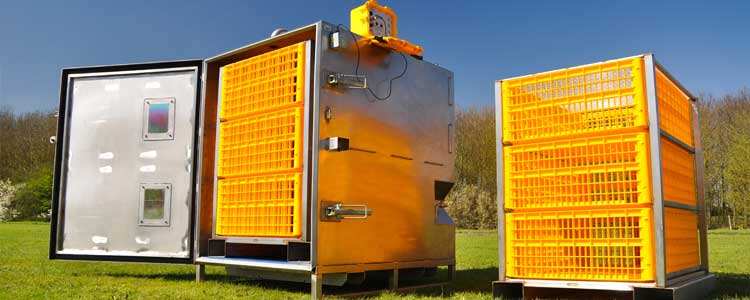In 2021, farms across the UK processed around 1.16 billion broiler chickens, with figures showing that over 30,000 businesses raise different types of poultry, including broiler chickens for consumption and laying hens for eggs. Globally, there are roughly 25.9 billion chickens, used for multiple purposes.
At any one time, there are over 124 million broiler chickens within the UK, making it the most popular meat in the UK. Each week over 20 million broiler hens enter the supply chain each week, with the Rhode Island Red being considered the most popular.
In the UK, we currently have some of the leading welfare standards that farms across the country are obliged to follow, with anyone raising chickens subject to welfare checks at any time. Another aspect of welfare that is absolutely critical is ensuring that farms across the country implement biosecurity measures to protect both their animals and farm businesses.
With an ever-growing consumer demand for chicken, and a significant number of chickens being reared across the country, we are reflecting on where they come from and why biosecurity is really important for their family tree.
The broiler breeder chicken pyramid
Chickens grown for meat are known as broilers, or broiler chickens and due to consumer demand for affordable protein, have become an extremely important part of the food industry.
Broilers are the end result of an extensive and extremely controlled breeding process, which takes three to four years from start to finish. Breeding starts with pedigree stock or pure line stock, which produces the eggs that become the Great Grandparent stock – the start of the commercial process or first generation. These birds then produce fertile hatching eggs that become the Grandparent stock, who in turn, produce Parent stock. It is the eggs of the Parent stock that then lay the eggs that become the Broiler bird.
The higher up the pyramid, the more valuable the bird is, with one Pedigree bird ultimately being responsible for the production of just over 3 million broiler birds. This also means that the higher up the pyramid, the bigger an impact disease outbreaks will have should an incursion happen and so the greater the requirement for extremely high biosecurity.
Why stringent biosecurity measures are essential for broiler chicken breeders
This season, we have seen a record breaking number of avian influenza (AI) outbreaks, and each year we continually see a host of other diseases in flocks including Salmonella, Campylobacter and Coccidiosis on-farm.
The importance of biosecurity in commercial breeding units is absolutely critical, as diseases can often go undetected at the start of an outbreak, encouraging them to spread rapidly, no matter the size of the unit. This rapid spread can often lead to a high mortality rate, and often the need for emergency depopulation – having huge effects on the size of the flock and commercialisation of the business.
The effects of an outbreak can sometimes be seen further down the supply chain, impacting both farm businesses and consumers. There is also an increasing amount of pressure from industry bodies like the Animal and Plant Health Agency (APHA) and Defra to implement stringent biosecurity measures.
Biosecurity is essential for premises to remain compliant and protect livelihoods
Livetec are experts in biosecurity. Using our experience, knowledge and scientifically-backed research we have curated solutions to mitigate the risks of an outbreak, and act quickly in the event of one.
Livetec’s bespoke biosecurity and unique 5-year contingency planning services are designed to mitigate the risks of disease outbreak. We offer the most up-to-date best practice advice and actionable protocols to elevate biosecurity measures and enact the strongest possible circle of protection, whilst giving bird owners the confidence to navigate any challenge.
Our experts help protect livestock and livelihoods on a scalable level, ranging from farm-level planning to enterprise level services. Reduce the risk of an outbreak by speaking to a Livetec expert. Click here to contact the Livetec team today.








